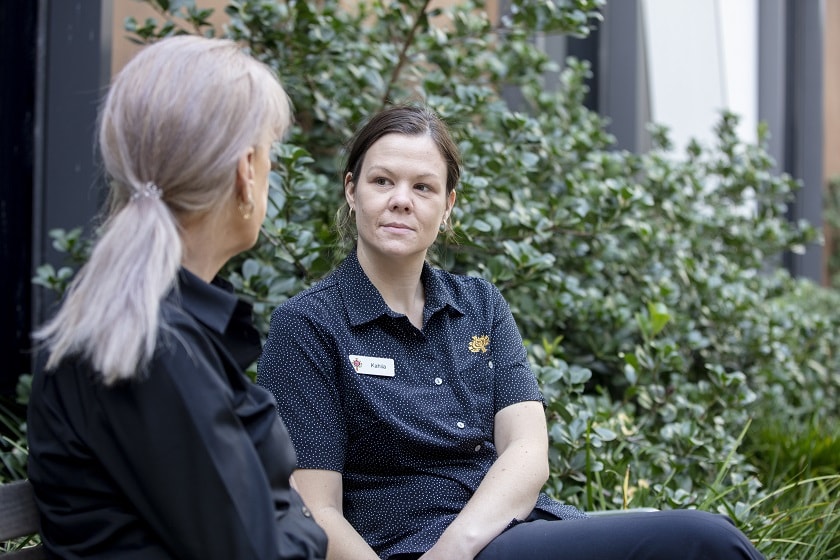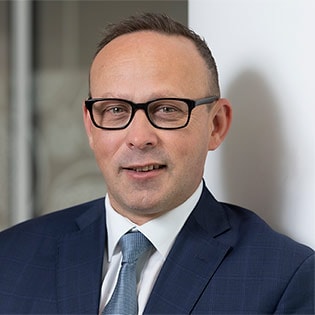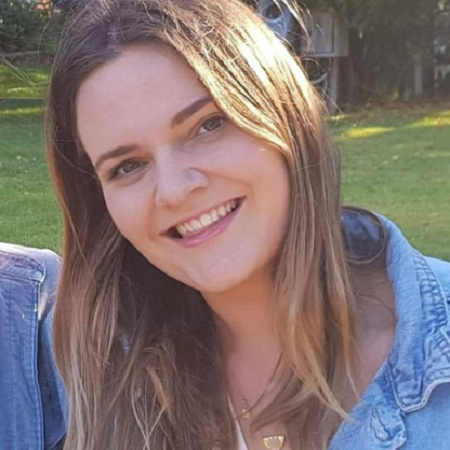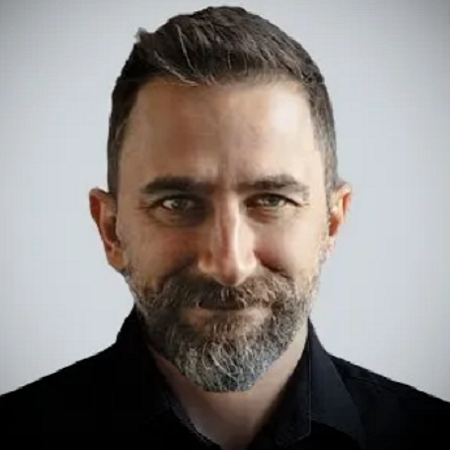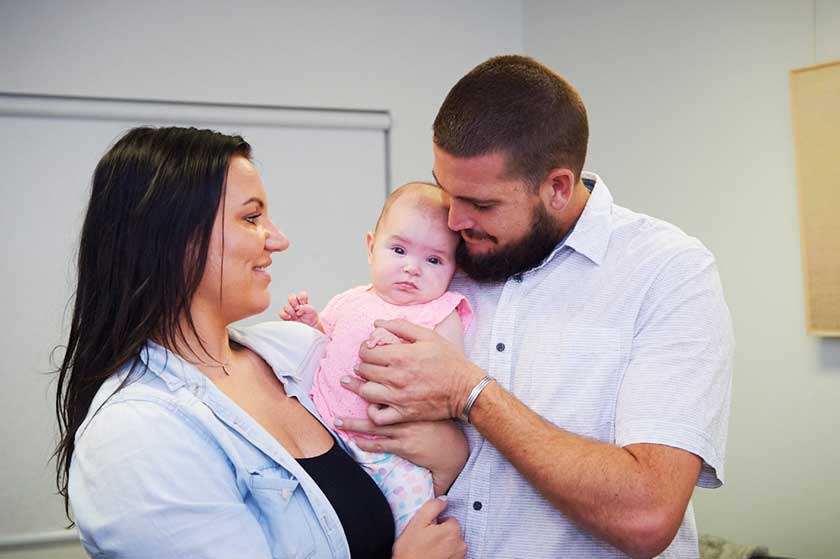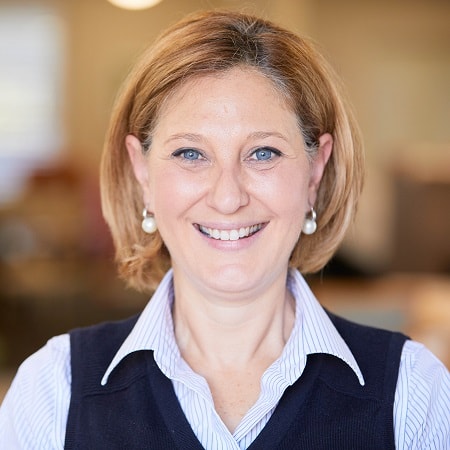A couple of years ago I was the patient. Entrusting my life in the hands of the doctors, nurses and hospital caregivers around me. There were some genuinely scary moments during that period for me and my family. I will be forever grateful for the outstanding clinical care and compassion we received.
Despite having a very good understanding of the workforce pressures facing our sector, as the vulnerable patient lying in that hospital bed, I genuinely felt like I was the centre of the universe for those caregivers who looked after me.
Multiply my experience by the thousands of similar experiences felt by patients and their loved ones every day. The reach and personal impact that our health care workers’ selfless dedication has on others is immeasurable.
Unsurprisingly, in our industry where looking out for and preserving others’ wellbeing is our day-in, day-out focus, the health and wellbeing of our health care workers is at risk of falling by the wayside if we do not actively prioritise it.
R U OK? Day is a wonderful reminder for all of us in health care to ask how they are doing. At St John of God Health Care, our caregivers can access online seminars run by organisational psychologists, and online learning courses, to expand their knowledge and learn practical ways to create mentally safe workplaces for themselves and colleagues.
In August each year, our organisation also calls our caregivers to pause and reflect on ‘Am I OK? Day’. The day places an emphasis on self-care and checking in on our own mental health. It calls us to be honest with how we are doing and, most importantly, it calls us to take action if the answer to ‘Am I OK?’ is ‘no.’
An obvious way to help our caregivers feel more supported every day is to maintain good staffing levels. The global shortage of health care workers has been widely reported – all health care organisations are up against this challenge, which was amplified during the pandemic. For us, recruitment for specialist clinical roles remains a top priority. I am very proud of the work our team has done, reducing our vacancy rate for clinical roles from over 10 per cent to now three per cent in the past 12 months. Rebuilding a strong value proposition for working in health care is now more important than ever for our industry – and it begins with how we support our people, now.
Having a healthy health care workforce is clearly beneficial not just for our caregivers, but for the people and communities we serve.
So beyond important days of recognition like R U OK? and Am I OK? Days, let us all commit, as leaders and colleagues in health care, to strengthening the culture of our organisations – creating environments where people feel seen, heard, valued and supported – every day.

